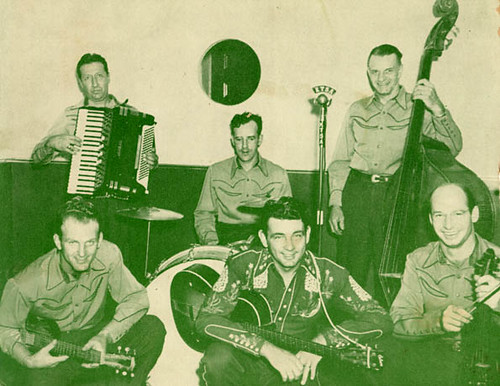I have always been fascinated by borders, and it is reflected in my writing and in my worldview. These borders may be physical, psychological, linguistic, cultural, or some combination thereof. Perhaps that is why my fiction often features immigrant stories. I am deeply interested in learning how culture, language, food, and traditions change when a group of people settles in a new land. In linguistic terms, loan words from the new land enter the mother tongue. Syntax may change, and the mother tongue as spoken by the community soon seems dated to those dwelling in the original homeland, for the community's access to the language's evolution has been severed. The old recipes are adapted based on what is available in the new land. Religious views may change based on contact with other communities, and holidays may take on new forms and narratives. Music can also be influenced by interaction with other communities.
This weekend is the polka fest in the Czech community of Ennis, which is about half an hour south of Dallas. Thus, I am including a music clip by Adolph Hofner and his San Antonians, who were quite well known in the 1940s and 1950s. The song is a polka, and it is sung in Czech, but listen to the elements of Western Swing in the piano and the Bob Wills-like styling in the vocals. Hofner, it must be noted, was an ethnic Czech from Lavaca County, and he is also a prime example of how immigrant communities impact the world around them. Hofner, after all, wrote one of the most quintessentially Texas songs of all time, "The Cotton-eyed Joe."
And here is Adolph Hofner's version of "Cotton-eyed Joe" in case you feel like dancing beside your laptop.

No comments:
Post a Comment